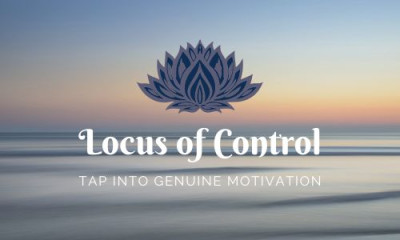This course includes
What you will learn ?
Curriculum for this course
Description
The **locus of control** refers to the degree to which individuals believe they have control over the events that affect their lives. It's a concept rooted in psychology, and it falls into two categories:
1. **Internal locus of control**: People with a strong internal locus of control believe that their own actions, decisions, and efforts directly influence the outcomes in their lives. They feel empowered to affect change and are likely to take responsibility for their successes and fai
The **locus of control** refers to the degree to which individuals believe they have control over the events that affect their lives. It's a concept rooted in psychology, and it falls into two categories:
1. **Internal locus of control**: People with a strong internal locus of control believe that their own actions, decisions, and efforts directly influence the outcomes in their lives. They feel empowered to affect change and are likely to take responsibility for their successes and failures.
2. **External locus of control**: Individuals with an external locus of control attribute the events in their lives to external factors such as fate, luck, or the actions of others. They may feel that they have little control over what happens to them and are more likely to believe that circumstances or forces outside of their control dictate their experiences.
This concept plays a significant role in emotional intelligence, mindfulness, and personal growth, which aligns with your work on fostering self-awareness and empowerment at Give River. People with an internal locus of control are often more proactive in personal development, making this a relevant idea for somatic healing and leadership in the workplace.
